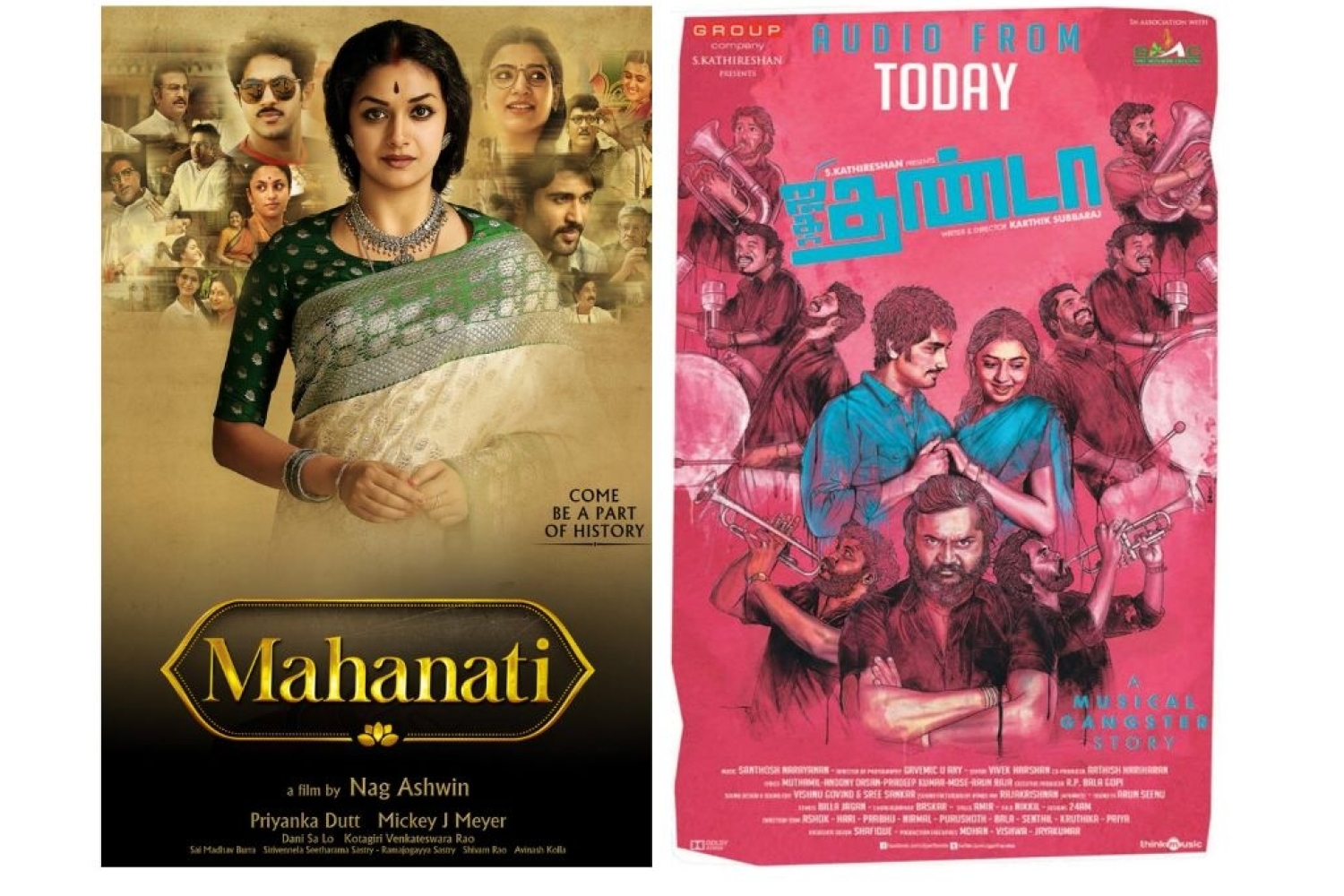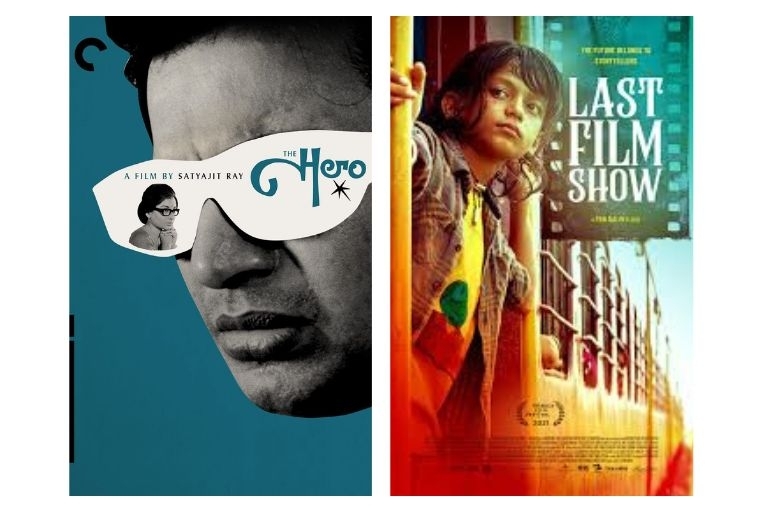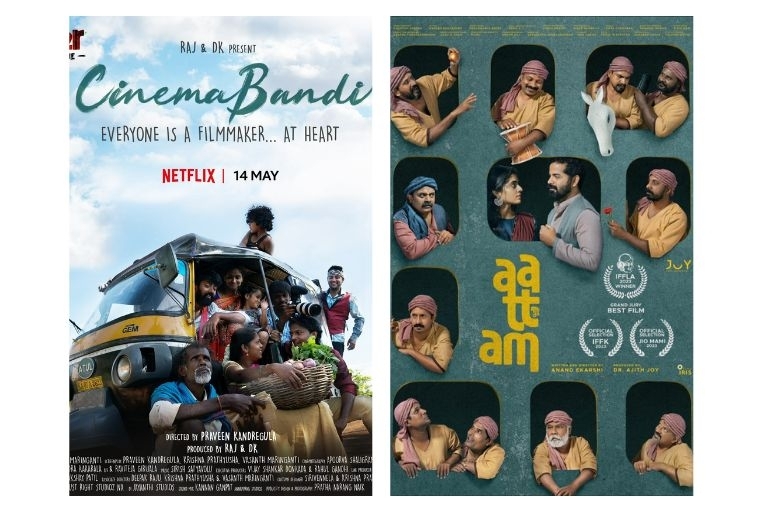

Ask film enthusiasts and they will tell you, films that introspect on the quirks of cinema and its people will always have a special place in their heart. After all, it is the world they love and know best. Films about films are a celebration of art and collaboration, of the people and places that come together to present us with a piece of work that we enjoy and relish in. A lot of this process is glamourous, but a lot of it is also far from it. Here is a list of regional Indian films that turn the lens on the film industry, capturing the drama, dreams and chaos that ensue behind the scenes.
Mahanati
Nag Ashwin’s Mahanati is a beautifully crafted biopic and a stirring tribute to the legendary South Indian actress Savitri. Tracing her journey through fame, love, betrayal, and downfall, the film paints a layered, emotionally rich portrait with remarkable attention to detail. Keerthy Suresh delivers a career-defining performance, capturing Savitri’s innocence, strength, and vulnerability with astonishing authenticity. The narrative is centred around the Tamil and Telugu film industries in a gripping, heartfelt way that remains both entertaining and immersive throughout.
Jigarthanda
Karthik Subbaraj’s Jigarthanda is a wildly inventive gangster drama that blends brutal violence with dark humor in the most stylish way. Slickly written and directed with real swagger, the film moves at breakneck pace in the first half, packed with unexpected twists and layered subplots. While Siddharth is solid as the ambitious filmmaker at the center of the story, it’s Bobby Simha — as the volatile gangster Assault Sethu — who completely steals the show. The plot revolves around a budding director endeavors to research a merciless gangster in order to make a film on gangsterism.

Nayak
A deeply introspective portrait of a movie star, Nayak by Satyajit Ray explores the unraveling of an actor’s inner world over the course of a single train journey. As the narrative moves between present-day encounters and pivotal flashbacks, we witness the events, doubts and personal compromises that shaped him. The protagonist’s obsession with sustaining box office success — despite knowing his films lack artistic depth — reveals a man torn between craft and commerce. Nayak becomes both a personal odyssey and a subtle critique of the business of cinema.
Last Film Show
Directed by Pan Nalin, the movie follows a 9-year-old boy in a remote village in India begins a lifelong love affair with cinema when he bribes his way into a rundown movie palace and spends a summer watching movies from the projection booth. This semi-autobiographical film pulls the audience into the filmmaker’s intimate love for cinema, his childhood fascination with watching and experiencing film in a way that now feels lost or fading, and is absolutely captivating.

Cinema Bandi
Cinema Bandi is brimming with so much heart and sincerity that it turns a simple village tale into a joyful homage to the magic of filmmaking. A struggling rickshaw driver’s life takes a rollicking turn when he comes upon an expensive camera and decides to make a film with his fellow villagers. This film is true proof that good cinema comes from minds and observation, not just from experience and money. It is a tribute to those who think of storytelling as quintessentially human — stories are, at the end of the day, a survival skill.
Aattam
Although not technically about film, Aattam is a lens into the lives of individuals in a theatre group. The dynamics, quirks and unspoken rules of the industry drive the narrative, which focuses on things like power, gender and sexual assault. Stories unravel, suspicions surface and clamour ensues when a crime takes place after a performance, and no one owns up to it. In an opportunistic greed driven world, is there even anything called an authentic moral compass or is it just a facade that can be easily broken at a suitable price tag, is the question Anand Ekarshi, the director, seems to be asking.
Words Neeraja Srinivasan
Date 20-8-2025